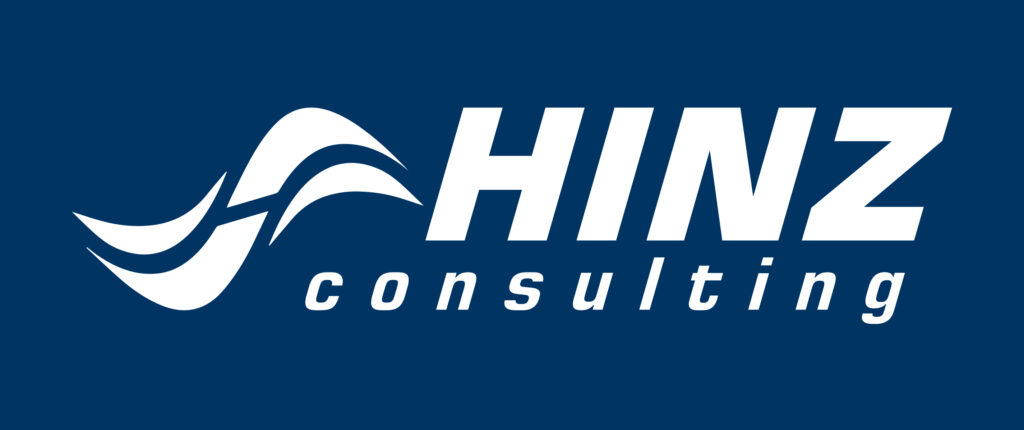In the realm of government contracting, federal contract acquisition represents a significant opportunity for businesses looking to expand their reach and revenue. Securing a federal contract can lead to substantial financial gains and long-term relationships with government agencies. However, the process can be complex and competitive, requiring a solid understanding of the acquisition landscape, regulations, and best practices. This blog will guide you through the essential steps for successfully navigating federal contract acquisition.
Understanding Federal Contract Acquisition
Federal contract acquisition refers to the process through which government agencies procure goods and services from private companies. The federal government is one of the largest purchasers of goods and services in the world, providing numerous opportunities for businesses across various sectors, including construction, IT, consulting, and more.
The acquisition process involves several key steps, including identifying opportunities, understanding requirements, preparing proposals, and navigating compliance and regulations. By grasping these components, organizations can position themselves effectively to win federal contracts.
Key Steps in Federal Contract Acquisition

- Identify Opportunities
- Research and Market Analysis: Begin by researching federal agencies that align with your business offerings. Utilize resources such as the Federal Business Opportunities (FBO) website, System for Award Management (SAM), and agency-specific websites to identify active solicitations and procurement forecasts.
- Networking: Attend industry conferences, trade shows, and networking events focused on federal contracting. Engaging with government representatives and other contractors can provide valuable insights into upcoming opportunities and help build relationships.
- Subscriptions and Alerts: Subscribe to procurement newsletters and set up alerts for relevant keywords or agencies to stay informed about new contract opportunities.
- Understand Requirements
- Solicitation Documents: Carefully review the solicitation documents for each opportunity you identify. These documents outline the scope of work, contract terms, evaluation criteria, and submission requirements. Understanding these elements is crucial for tailoring your proposal to meet agency needs.
- Regulations and Compliance: Familiarize yourself with federal regulations governing procurement, such as the Federal Acquisition Regulation (FAR). Compliance with these regulations is critical for ensuring your proposals are considered and for maintaining a good standing with the government.
- GSA Schedules and IDIQ Contracts: Explore General Services Administration (GSA) schedules and Indefinite Delivery Indefinite Quantity (IDIQ) contracts, which can provide streamlined access to federal contracting opportunities. These contracts are pre-negotiated agreements that can simplify the bidding process.
- Prepare Your Proposal
- Proposal Development: Crafting a compelling proposal is essential for standing out in the competitive landscape. Focus on clearly addressing the requirements outlined in the solicitation and demonstrate how your organization can meet the agency’s needs effectively.
- Highlight Experience and Capabilities: Showcase relevant experience, past performance, and your organization’s capabilities. Include case studies, client testimonials, and performance metrics to illustrate your track record.
- Competitive Pricing: Provide a competitive pricing structure while ensuring you cover your costs. Conduct market research to understand pricing trends within your industry, and justify your pricing strategy based on value delivered.
- Review and Edit: Thoroughly review your proposal for clarity, accuracy, and compliance with submission guidelines. Consider involving a proposal manager or editor to ensure that the final submission is polished and professional.
- Submission and Follow-Up
- Timely Submission: Adhere to all submission deadlines outlined in the solicitation. Late submissions are typically disqualified, so ensure you plan your timeline accordingly.
- Follow-Up: After submitting your proposal, consider following up with the contracting officer to confirm receipt and express your interest in the project. While direct communication may be limited during the evaluation period, maintaining a professional relationship can be beneficial for future opportunities.
- Post-Award Management
- Contract Performance: If awarded the contract, focus on delivering high-quality work that meets or exceeds the agency’s expectations. Building a positive reputation with federal agencies can lead to future contract opportunities.
- Feedback and Continuous Improvement: After the contract is completed, seek feedback from the contracting officer. Understanding areas for improvement can enhance your proposals for future bids.
Strategies for Success in Federal Contract Acquisition
- Leverage Certifications: Consider obtaining relevant certifications, such as Small Business Administration (SBA) 8(a) certification, HUBZone certification, or Service-Disabled Veteran-Owned Small Business (SDVOSB) status. These certifications can provide competitive advantages and access to set-aside contracts.
- Develop a Strong Capability Statement: Create a concise capability statement that outlines your organization’s core competencies, past performance, and contact information. This document serves as a marketing tool when networking with government officials and primes.
- Build Partnerships: Collaborate with other businesses through joint ventures or teaming arrangements. Partnering with experienced contractors can enhance your proposal’s credibility and expand your capabilities.
- Stay Informed: Regularly monitor changes in federal procurement policies and regulations. Staying informed about shifts in government priorities and funding can help you align your offerings with current needs.
Conclusion
Federal contract acquisition presents a wealth of opportunities for businesses willing to navigate the complexities of government contracting. By following the steps outlined in this guide—identifying opportunities, understanding requirements, preparing compelling proposals, and managing contracts effectively—you can enhance your chances of securing federal contracts.
At Hinz Consulting, we specialize in helping organizations understand and navigate the federal contracting landscape. Whether you’re new to federal contracts or looking to improve your bidding strategy, our expertise can provide valuable insights and support. Contact us today to learn how we can assist you in achieving your federal contract acquisition goals. Contact us to learn more!


